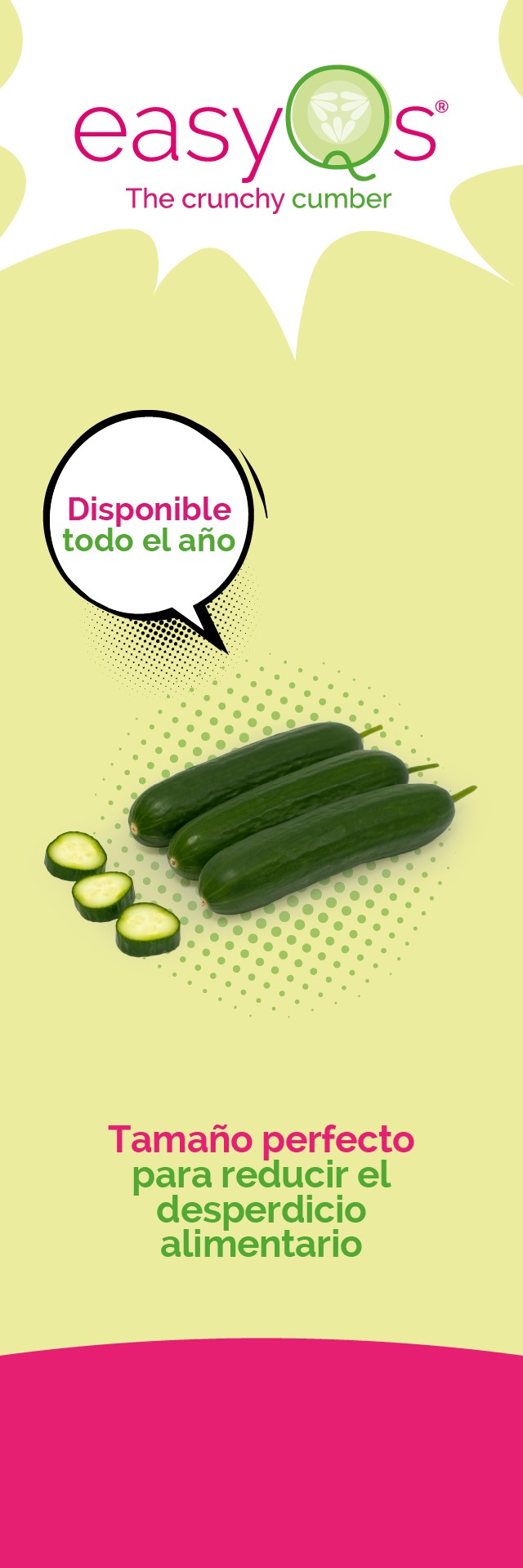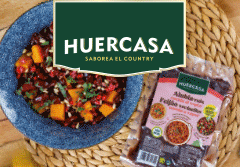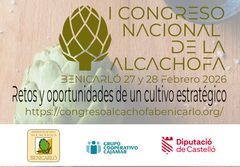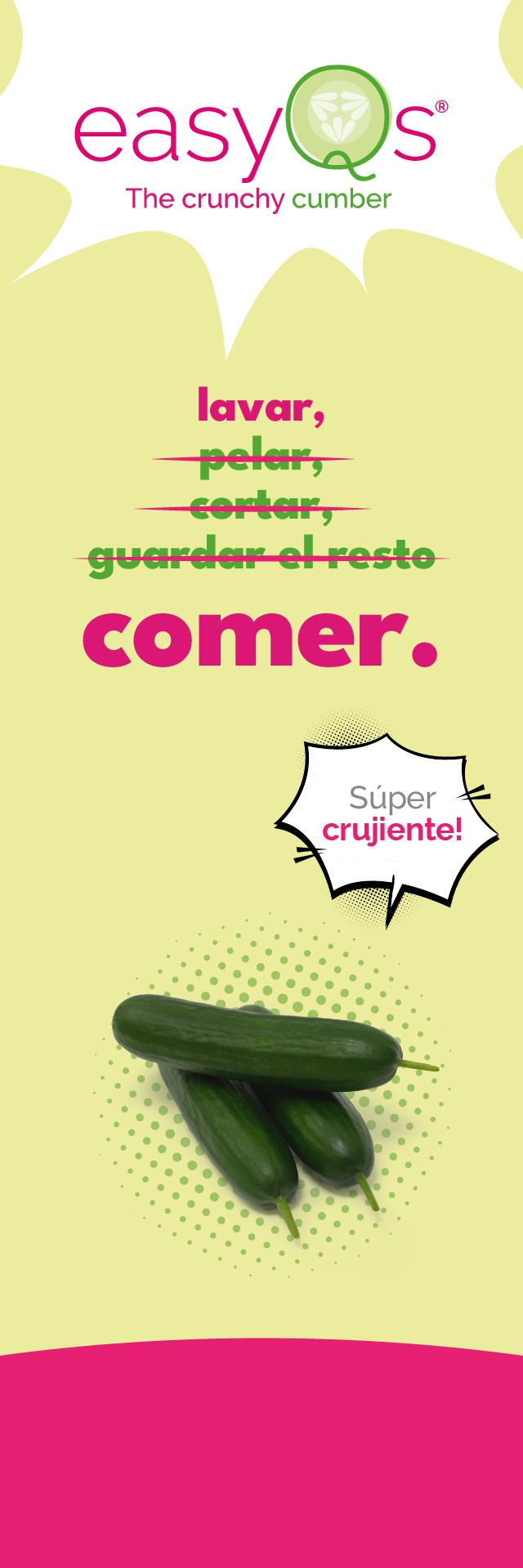Huelva is taking giant steps towards diversification in the berry sector. A sector that for decades included one crop, today is expanding towards other fruit such as raspberries, blueberries and blackberries.
Fruit Today interviewed Rafael Domínguez, manager of Freshuelva, to discover firsthand the latest movements in the sector.
How do you see the season that has just started?
The most significant data is that the strawberry surface area has decreased by 9% and it is being compensated by productions of raspberries, blackberries and blueberries, which are increasing by 25%. We are experiencing an important trend towards diversification and 75% of our associates already have, at least, two of the four products.
Are the sector’s sights set on “other berries”?
Personally, I would be inclined to say that the sector is looking for trade complementarity. The large retailers prefer suppliers that provide a range, in this case, of berries. It is an excellent way to be present on the markets and get the message across that an entire range can be offered from Huelva. Specifically, the four productions coincide in the springtime.
What are the challenges faced by the sector?
The main limiting factor is the lack of water, particularly in El Condado region, where a water transfer is needed. Added to this problem, the climate change that we are suffering from could hinder the maintenance of the correct crops. Variety development will have a lot to do with this circumstance, because the varieties will have to acclimatise themselves to the new temperatures. On this point, research must be carried out to see which season and crop varieties are best. And in addition to this, we must follow very closely the evolution of Turkey and the countries in North Africa, which have already started with these productions. All of these are aspects which, without any doubt, will influence the development of the sector in the future.
And on this point, what can ‘Fresas Nuevos Materiales’ bring to the sector?
At the moment, we are starting up research into raspberries that are indigenous to Huelva. We are backing varieties that are easy to eat, are flavourful and are travel-resistant. It is a path that we must take because paying royalties means making the produce more expensive and therefore, less competitive.
We should not lower our guard and bring quality fruit to the markets, bringing together both the environmental sustainability and the quality of the produce.
One of the achievements reached by ‘Fresas Nuevos Materiales’ has been the Primoris variety, which is very popular in France and Germany. Rábida has also been an important achievement.
How are the European markets doing?
The most consolidated market is, without any doubt, the British one, where there is a significant berry-eating culture. The United Kingdom alone consumes 40% of the available small berries. Furthermore, there are destinations that are increasing their consumption of Spanish strawberries, such as Italy. Spanish blueberries are becoming significantly more popular in Germany. And the Scandinavian countries, which are important strawberry-eaters, are maintaining a high demand for blackberries, raspberries and blueberries. The disadvantage of this destination is transport. From Freshuelva, arrangements were made with the port of Huelva, but in the end they were not decisive and the goods still have to pass through Rotterdam.
Do you believe that “small berry” consumption is a pending subject in Spain?
Of course. Raspberries, blueberries and blackberries are all unknown here and our aim is to promote them in order for Spanish consumers to discover all their healthy properties. At the moment, we are in contact with different distribution chains, along with some institutions that will back us in order to reach the end consumers.
It is also surprising that the consumption of Spanish strawberries is at just over one kilo
Yes, it is true. For this reason we have started a powerful promotion campaign in Spain, Germany and France with Interfresa. It is a joint effort, in which the sector itself, the Ministry and the E.U. are all taking part and which will last for three years.
Would you like to add anything else to this interview?
I think it is terrible that water scarcity has become a limiting factor; we have had this problem for 30 years and we have not been able to resolve it. The political class in Huelva has not reacted properly to the situation. Companies from Huelva are criticised for moving to other countries, where both the water and the documentation to set up and carry out the activity are provided as soon as possible, and here we continue to work with the same problem.





















